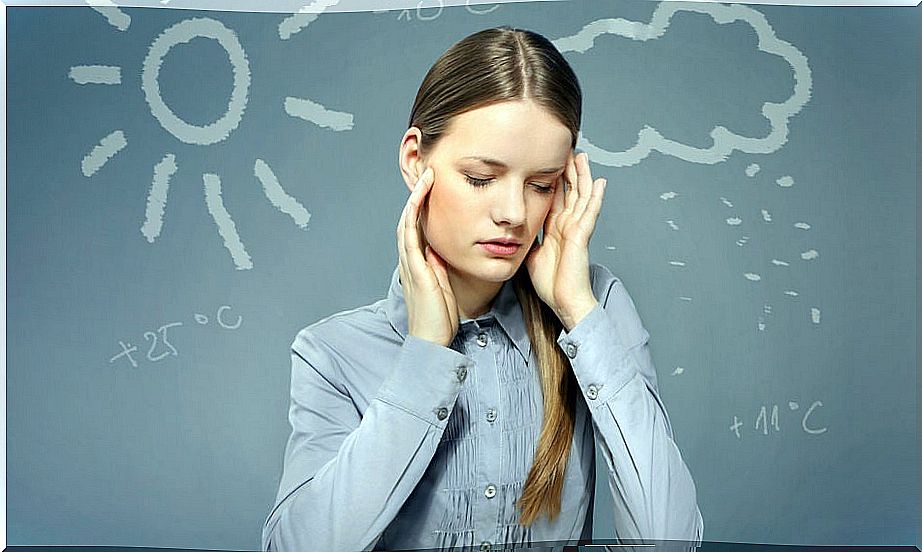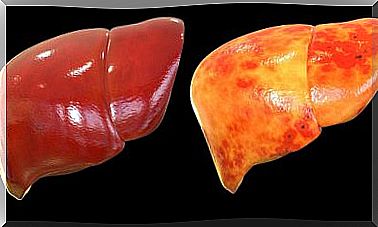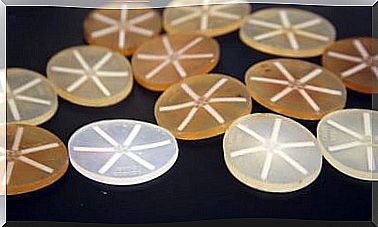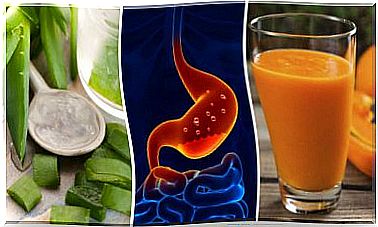How Do You Know If You Are Meteorosensitive?
Does your head usually hurt on windy days? Do you feel discomfort in your scars or old wounds on days when the weather changes? If the answer is yes, it is possible that you are what is known in meteoropathy as meteorosensitive. There is no need to worry, it is a reality that, although it may surprise you, a large part of the population suffers.
What is meteorosensitivity?

We are many people who are affected by changes in temperature, pressure or humidity. There are those, for example, who cannot stand air conditioning. Going from a cold space to a warm one in a short time can cause, among other symptoms, a headache or a dry throat.
Being meteorosensitive is so common that it is estimated that one third of the population has certain symptoms when there are changes in temperature and in the environment. Therefore, meteorosensitivity is defined as any pathology that is triggered or aggravated by specific weather conditions.
In addition, these symptoms are evident when people are subjected to climatic thresholds to which they are not used.
How does it affect us?
Scientists have established how weather changes affect us in the body. These are the results:
- Sudden changes in temperature and pressure are associated with migraines, low blood sugar, respiratory problems and even epileptic seizures.
- One thing to keep in mind is that 80% of cardiovascular diseases occur when there are strong variations in atmospheric pressure. For example, it is very common for heart attacks to occur more commonly in late autumn, when atmospheric pressure is low and humidity is less than 60%. However, they occur less when the weather is warm, dry and stable.
- What happens when it rains a lot and there is humidity? We tend to suffer more anxiety, rheumatic pain and asthma.
- Dry winds, for example, are linked to headaches. In addition, people tend to be more tired and even more absent-minded. In Switzerland it is known as “Foëhn”, an effect of time on our behavior that can be considered as a defense in some offenses or crimes.
- And when the weather is almost always rainy, when the sun does not rise and our reality is tinged by an eternal gray? The number of depressions increases, something very common and habitual.
How can I take care of myself if I am meteorosensitive?

In order to defend ourselves from the effect of atmospheric changes , it is important to be prepared. You should be aware of the periods between seasons, such as autumn and, it is special, spring. At those times when there are usually many differences in temperature, where rains and strong winds appear.
We not only have to be prepared physically, but also emotionally. When we talk about being physically prepared, we mean taking care of our immune system. He will be the one in charge of defending us and alleviating the symptoms.
It is, therefore, essential that you increase your levels of vitamin C, and vitamins of group B. Therefore, it is advisable to consume green leafy vegetables. Also, reinforce your doses of cereals and antioxidants present, for example, in grape or blueberry juices.
Other tips for meteorosensitivity
- Try to sleep eight hours a day, rest, and lower your stress levels.
- Take care of the clothes you wear and be aware of the weather reports. If rainy days are going to come, be aware that they are going to be dark and humid days. Also think that after the rain the sun will come out again. Therefore, try to keep your spirits up through simple activities that you like.
- If air conditioners affect you, try to use them as little as possible at home or in your car. Set them to medium temperatures. When you work or are forced to enter spaces where they are used, try to put on or take off clothes so that the impact is not so strong.
- If you are meteorosensitive, you have to be aware that you will not always be able to avoid suffering from a headache or joint pain. We cannot control atmospheric changes , but we can alleviate and prevent symptoms.









